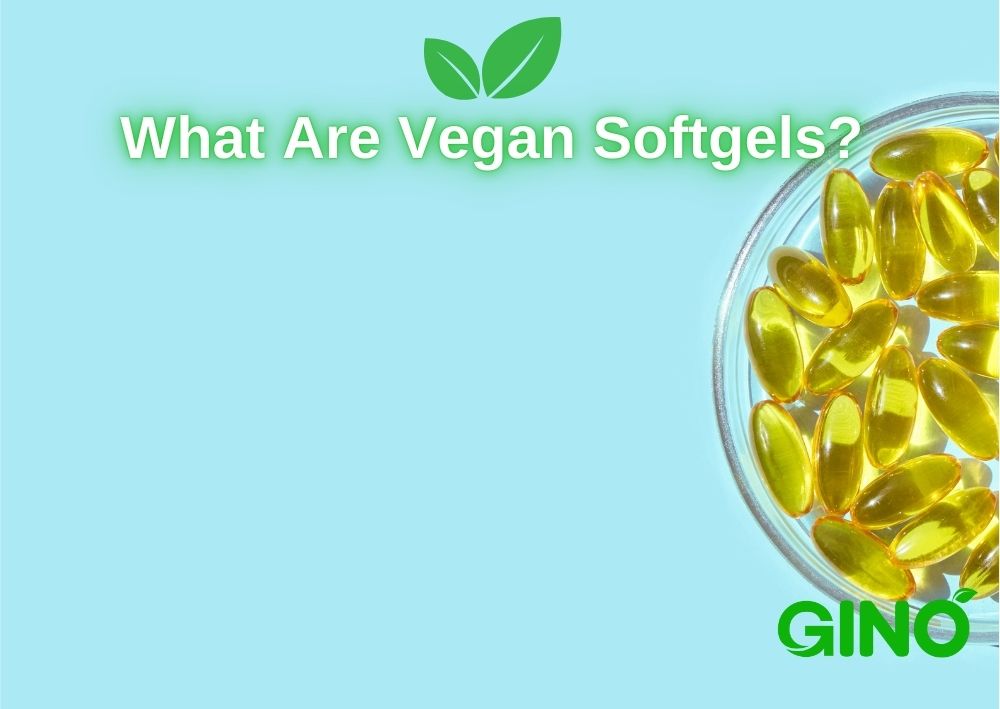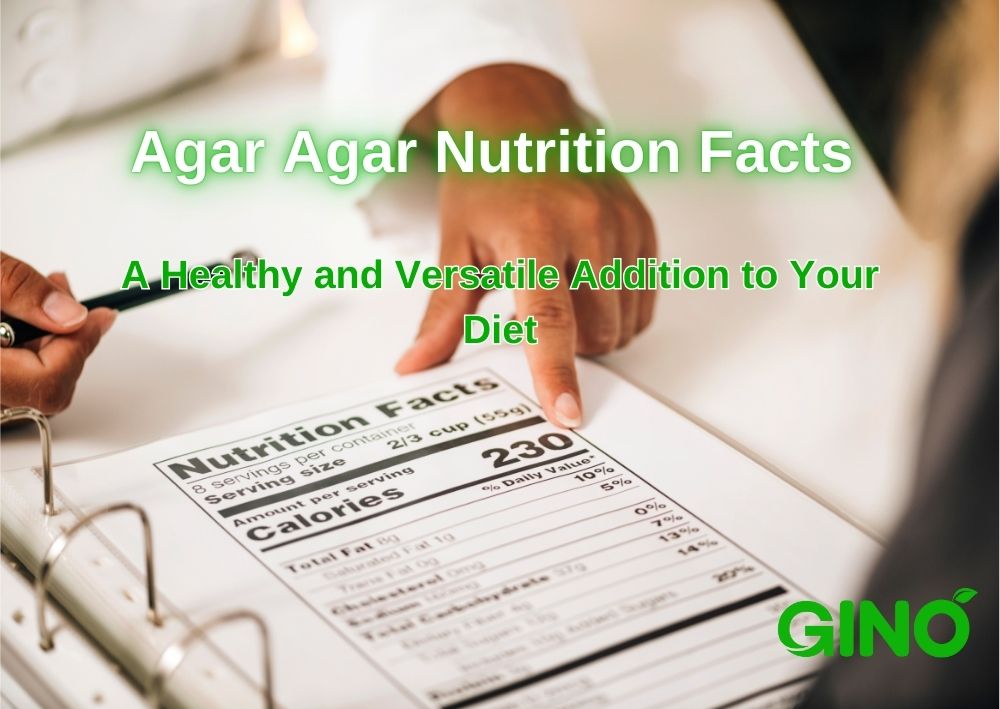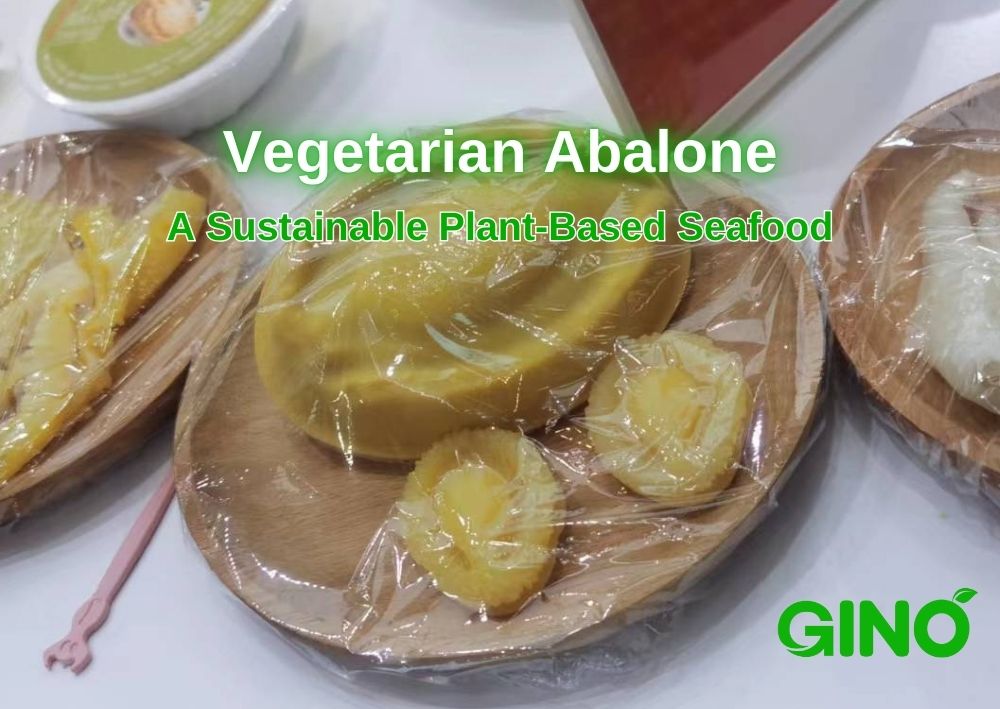Há mais de 10 anos que a Gino Biotech é um dos principais fornecedores de hidrocolóides alimentares. Com a nossa variedade de gomas e estabilizadores à base de plantas, podemos criar soluções hidrocolóides à medida, perfeitamente adaptadas às necessidades dos nossos clientes. LER MAIS
5 coisas que precisa de saber sobre a carragenina no queijo creme
Facebook
Twitter
LinkedIn

1. O que é o queijo creme
A maioria de nós está familiarizada com o queijo creme (ou queijo fundido / queijo fatiado e para barrar), que é adorado pela sua textura suave e cremosa. A história do queijo creme remonta à França do século XVII. Pensa-se que este tipo de queijo também é utilizado em Inglaterra desde o século XVIII.
No entanto, no caso dos Estados Unidos, diz-se que o queijo creme foi preparado pela primeira vez em 1872. O mérito deste facto cabe ao leiteiro americano William Lawrence. Mais tarde, a empresa americana de transformação alimentar "Kraft foods" começou a produzir e a comercializar este produto sob a marca "Philadelphia".
De acordo com o FDAO queijo creme é definido como um queijo branco macio com um teor mínimo de 33% de gordura láctea e um teor máximo de 55% de humidade. Mesmo o pH deste queijo tem de estar entre 4,4 e 4,9. Atualmente, pode encontrar queijo creme em muitas versões diferentes, incluindo variedades com baixo teor de gordura e sem gordura.
Estas incluem blocos sólidos que são embalados em folhas e cremes para barrar em recipientes. As últimas versões podem ser barradas facilmente, mesmo que sejam mantidas no frigorífico. Isto é conseguido através da incorporação de ar no queijo. O queijo creme difere da maioria dos outros tipos de queijo, uma vez que não é curado e destina-se a ser utilizado fresco, com um prazo de validade mais curto.
2. Ingredientes essenciais - Carragenina no queijo creme
Sendo um produto lácteo, pode deduzir-se que a nata é feita de leite. O leite de vaca pasteurizado e homogeneizado é utilizado principalmente para este fim. A este leite é adicionada uma cultura de queijo, como bactérias de ácido lático, para fermentação.
Esta mistura é aquecida à temperatura correta e é posteriormente transformada para produzir queijo creme.
Este é o método básico de preparação do queijo creme.
Para além do leite e da cultura de queijo, o queijo creme comercial contém vários outros aditivos e conservantes.
Isto inclui sal e estabilizadores, como a carragenina no queijo creme. Algumas das versões mais recentes de queijo creme contêm diferentes aromas, como o de frutas, ervas, salmão, etc.
3. Tendência de crescimento
Durante os últimos anos, as refeições rápidas e os pratos de conveniência que contêm queijo fundido alcançaram uma enorme penetração no mercado, não só devido ao seu custo acessível, disponibilidade e facilidade de utilização, mas também devido ao facto de o queijo fundido incluído lhes conferir uma função única que transforma estes pratos numa experiência completa.
O queijo fundido é obtido através de uma mistura de queijos naturais, sujeitos a calor, de modo a encontrarem-se com sais fundentes. O produto obtido é colocado em moldes e arrefecido. Este processo simples permite criar "o fato à medida do cliente" que pode ser ralado ou fatiado, gratinado, ou derretido por completo. Podem também ser concebidos para cobrir necessidades dietéticas especiais, por exemplo, produtos com baixo teor calórico, sem lactose, com baixo teor de gorduras saturadas, sem colesterol, incluindo ingredientes nutracêuticos, entre outros.
4. Situação atual
No entanto, na maioria dos casos, a simples combinação de queijos não cumpre a sua função. Torna-se necessário recorrer a sistemas de estabilização,
principalmente à base de carragenina,
que confere a firmeza necessária para cortar, ralar ou barrar; reduz a aderência e/ou a aglomeração, evita a migração de gordura e água, confere cremosidade e, em geral, melhora as qualidades sensoriais do produto.
5. Queijo creme caseiro
Embora o queijo creme esteja disponível no mercado em várias versões, também pode preparar este produto lácteo em casa
Para mais informações sobre a carragenina no queijo creme ou sobre a receita e os passos, envie um e-mail para correio eletrónico para nós.
Embora o queijo creme seja nutritivo, recomenda-se sempre uma utilização moderada.
A Gino Biotech oferece uma gama de produtos especialmente desenvolvidos para a produção e estabilização de queijo creme.
Com a nossa variedade de sistemas de gelificação/estabilização, podemos criar soluções à medida, perfeitamente adaptadas às necessidades dos nossos clientes.
Publicações recentes
Sobre a Gino Biotech

Somos uma empresa biotecnológica especializada na investigação, desenvolvimento e comercialização de aditivos alimentares inovadores e tecnológicos hidrocolóides Ágar-ágar, Carragenina e Soluções de estabilizadores feitas à medida.
Com o know-how alargado e a experiência na investigação, aplicação e utilização de hidrocolóides, podemos fornecer um balcão único soluções personalizadas perfeitamente adaptados às necessidades dos nossos clientes.
O nosso produtos cobrem as necessidades dos sectores da carne, dos lacticínios, da panificação, da confeitaria e de outros sectores industriais.
Contacte o nosso representante de vendas para mais informações.











